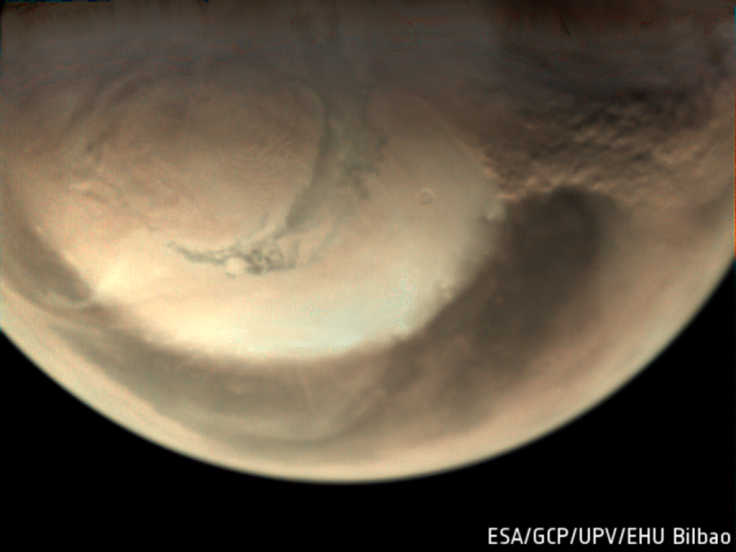Elon Musk To Make Mars Warmer And Habitable By Placing 'Reflector Satellites'

Elon Musk, the founder of Tesla and Spacex, has reconsidered his controversial plan of detonating numerous nuclear bombs on Mars in an attempt to terraform the alien planet. Instead, the tech mogul is considering deploying thousands of reflector satellites around Mars to make it warmer and possibly habitable.
Earlier this week, Musk made headlines after bringing up his idea from 2015 about nuking Mars. His idea stems from the theory that detonating nuclear weapons on the Red Planet would vaporize the water trapped in the Red Planet’s poles.
Theoretically, doing so would release carbon dioxide into the alien planet’s atmosphere and create a greenhouse effect all over Mars. According to Musk, this is similar to creating artificial suns to make the planet warmer and habitable.
“Nuke Mars refers to a continuous stream of very low fallout nuclear fusion explosions above the atmosphere to create artificial suns,” he tweeted. “Much like our Sun, this would not cause Mars to become radioactive.”
Unfortunately, a previous study published in Nature Astronomy has already revealed that nuking Mars is not enough to completely terraform the planet. According to the researchers, Mars does not have enough carbon dioxide to create a greenhouse effect.
Might make sense to have thousands of solar reflector satellites 🛰 to warm Mars vs artificial suns (tbd)
— Elon Musk (@elonmusk) August 20, 2019
After reconsidering the nuke Mars idea, Musk proposed a new solution to make the Red Planet warmer. Instead of creating artificial suns, he now plans to launch thousands of solar reflector satellites around the planet.
As their name suggests, these satellites will most likely reflect sunlight or other sources of cosmic heat onto Mars. Doing so will deliver a consistent stream of heat on the Red Planet, eventually making it warmer.
This idea, of course, is significantly safer than using nuclear weapons as it will not involve massive radioactive detonations to change the planet’s environment. Probably the only hurdle preventing this idea is the logistics of deploying thousands of satellites to Mars.
But, as seen in Musk’s previous projects, there’s a strong chance that he can pull off this ambitious endeavor. After all, his company SpaceX’s Starlink project aims to deploy about tens of thousands of satellites into space. Currently, there are already 60 Starlink satellites orbiting Earth.
© Copyright IBTimes 2024. All rights reserved.





















